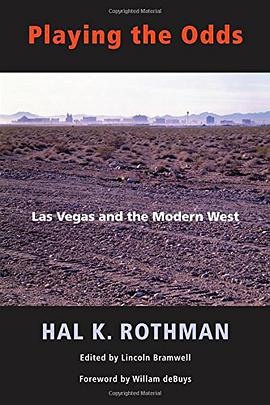

具体描述
A village in Sierra Leone. A refugee trail over the Pyrenees in French Catalonia. An historic copper mine in Sweden. The Shuf mountains in Lebanon. The Swiss Alps. The heart of the West African diaspora in southeast London. Anthropologist Michael Jackson makes his sojourns to each of these far-flung locations and to his native New Zealand occasions for exploring the contradictions and predicaments of social existence. He calls his explorations "excursions" not only because each involved breaking with settled routines and certainties, but because the image of a journey suggests that thought is always on the way, the thinker a journeyman whose views are perpetually tested by encounters with others.Throughout "Excursions", Jackson emphasizes the need for preconceptions and conventional mindsets to be replaced by the kind of open-minded critical engagement with the world that is the hallmark of cultural anthropology. Focusing on the struggles and quandaries of everyday life, Jackson touches on matters at the core of anthropology - the state, violence, exile and belonging, labor, indigenous rights, narrative, power, home, and history. He is particularly interested in the gaps that characterize human existence, such as those between insularity and openness, between the things over which we have some control and the things over which we have none, and between ourselves and others as we talk past each other, missing each others' meanings.Urging a recognition of the limits to which human existence can be explained in terms of cause and effect, he suggests that knowing why things happen may ultimately be less important than trying to understand how people endure in the face of hardship.
作者简介
目录信息
读后感
评分
评分
评分
评分
用户评价
相关图书
本站所有内容均为互联网搜索引擎提供的公开搜索信息,本站不存储任何数据与内容,任何内容与数据均与本站无关,如有需要请联系相关搜索引擎包括但不限于百度,google,bing,sogou 等
© 2026 book.wenda123.org All Rights Reserved. 图书目录大全 版权所有




















